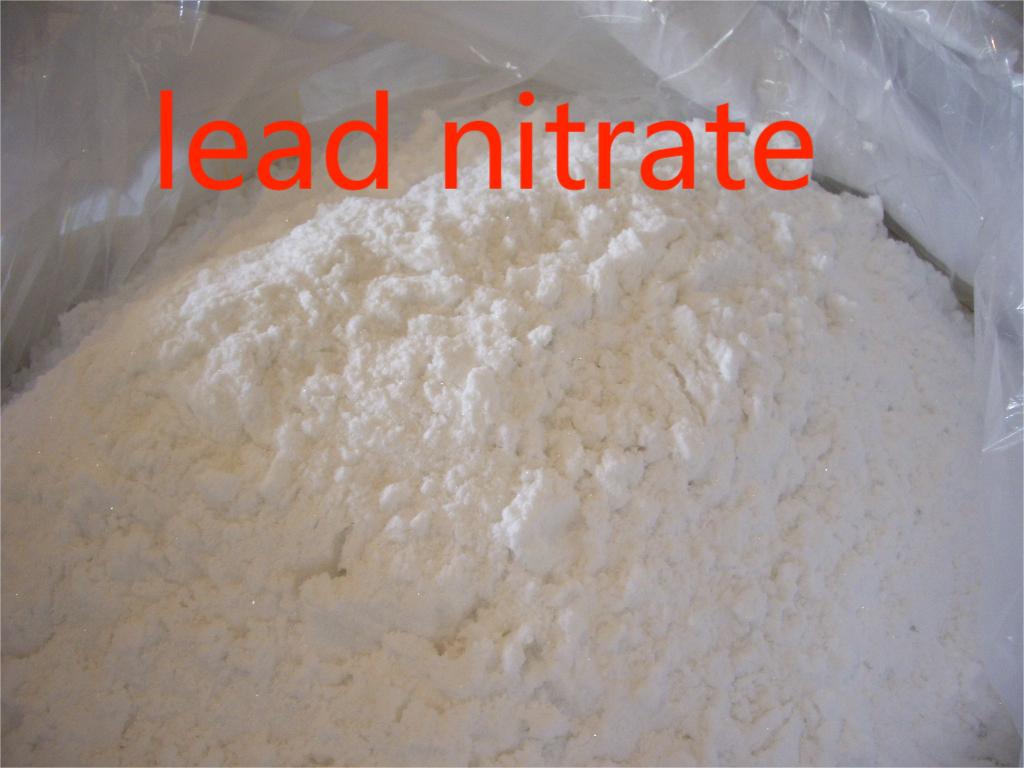Hazards Of Lead Nitrate To Human Health
Lead nitrate is toxic and classified as a Class 2A carcinogen by the International Agency for Research on Cancer.If ingested, inhaled or absorbed through the skin, it can cause serious health hazards.
Here are some potential hazards associated with lead nitrate exposure:
1.Neurotoxicity: Lead nitrate is known to have harmful effects on the central nervous system, including the brain, spinal cord, and peripheral nerves. Exposure to lead nitrate can lead to symptoms such as headaches, dizziness, fatigue, tremors, and even seizures.
2.Gastrointestinal problems: Ingesting lead nitrate can cause severe gastrointestinal problems such as abdominal pain, vomiting, and diarrhea. It can also damage the liver and kidneys.
3.Reproductive health issues: Lead nitrate exposure can negatively affect reproductive health in both men and women. It can reduce fertility, increase the risk of miscarriage and stillbirth, and cause developmental problems in fetuses.
4.Blood disorders: Exposure to lead nitrate can also lead to anemia, a condition in which there is a deficiency of red blood cells in the body. This can cause symptoms such as fatigue, weakness, and shortness of breath.
5.Cancer: There is some evidence to suggest that exposure to lead nitrate may increase the risk of certain types of cancer, including kidney cancer and bladder cancer.
It is important to note that the severity of the health effects associated with lead nitrate exposure depends on the level and duration of exposure, as well as the age and overall health of the individual. It is always best to take necessary precautions to avoid exposure to lead nitrate and seek medical attention if you suspect exposure has occurred.
